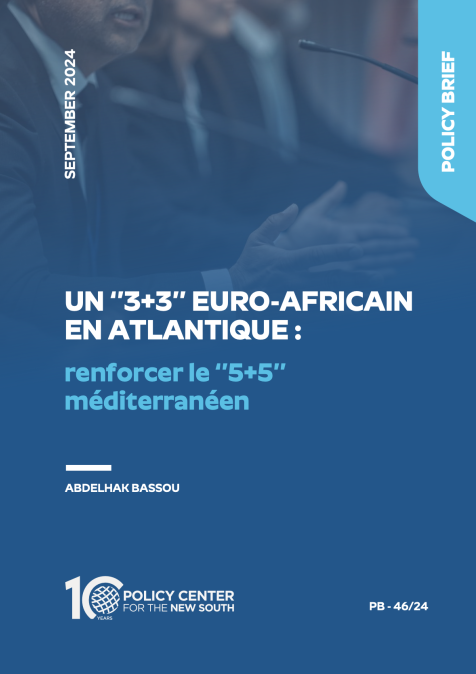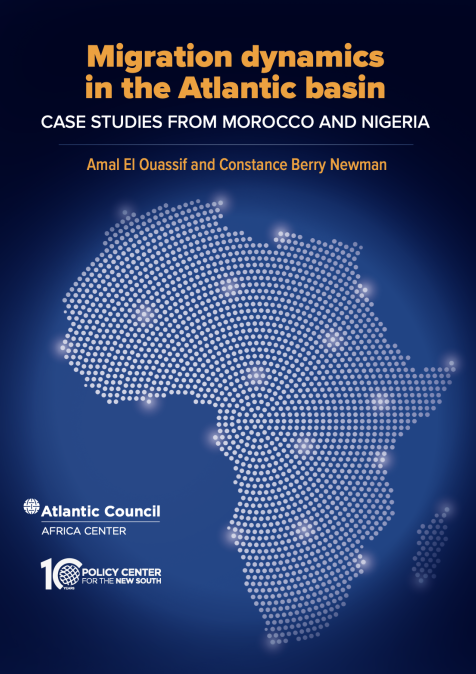The Atlantic encompasses diverse nations shaped by unique economic, political, and cultural trajectories. The dominance of the Washington-Brussels axis is yielding to a renewed, inclusive Atlanticism that recognizes the historical interplay between the North and South as the defining characteristic of the Atlantic. This concept of a Wider Atlantic allows the region's countries to draw from their own histories and cultures, recognizing shared roots. Common challenges also unite, by addressing issues such as environmental degradation, energy transition, global governance reform, collaborative financial policy shaping, technological advancements, and heightened conflicts. Despite these similarities, variations in political systems, economic development paths, and cultural beliefs contribute to nuanced perspectives on bridging differences. Importantly, these differences signal a strategic shift in 21st century geopolitics, where North Atlantic countries contemplate whether emerging powers in the South Atlantic might overshadow their international roles.
This session aims to explore how varied perspectives contribute to the strategic shift in the Wider Atlantic, specifically in the interplay between the North and South.
- What similarities have the potential to shape strategies facilitating effective collaboration on shared challenges within the Wider Atlantic?
- Can the diverse values and interests within the North and South regions of the Atlantic be navigated to establish a mutually beneficial arrangement for a more interconnected and prosperous Wider Atlantic?







